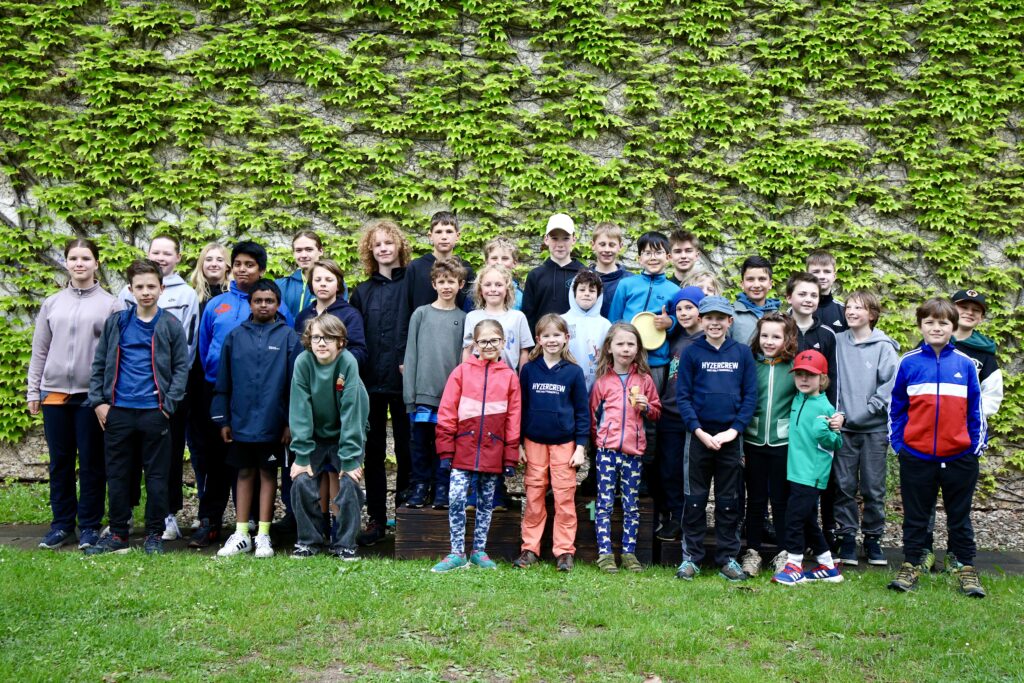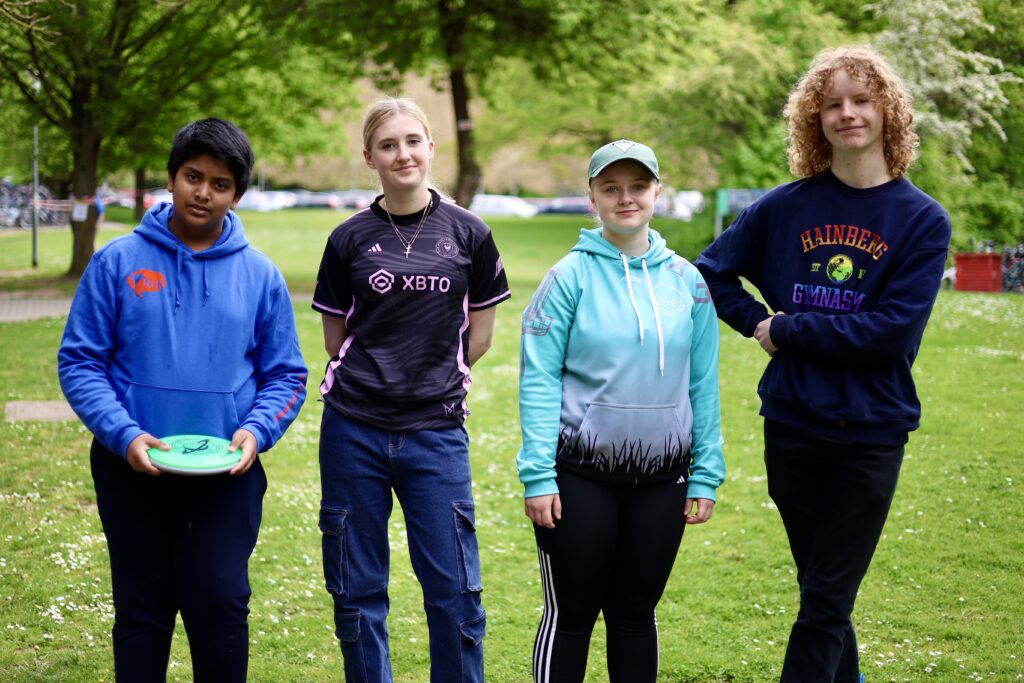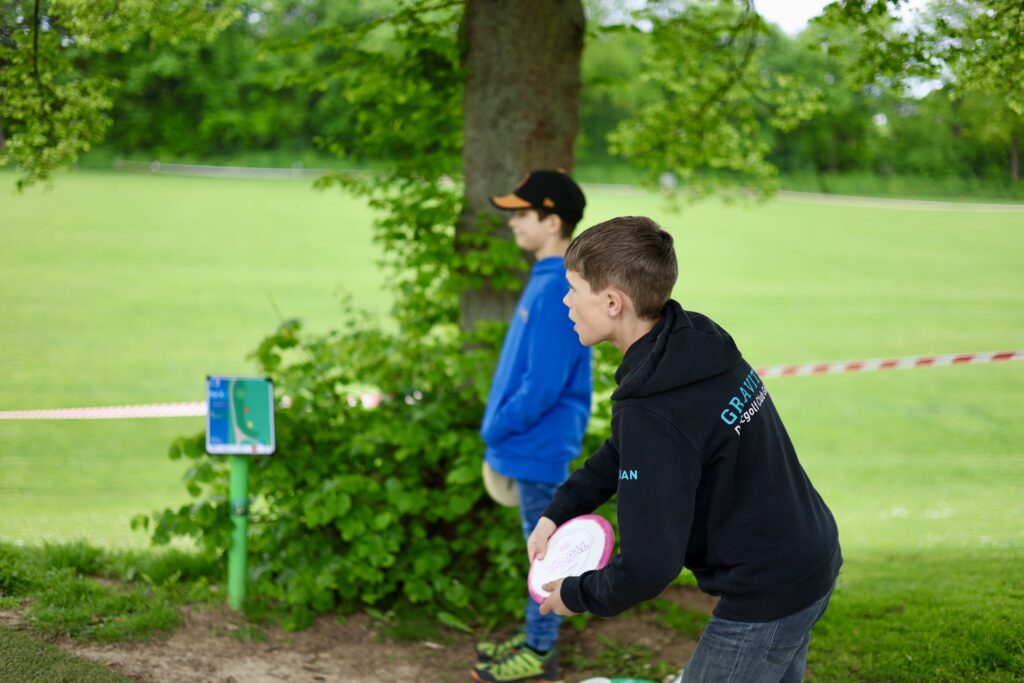
Disc golf is a uniquely accessible sport that welcomes players of all ages, backgrounds, and abilities. Played by throwing a flying disc from a starting point toward a target basket, it can be enjoyed alone, with a partner, or in groups of mixed skill levels. Because the core of the game — throwing a disc and walking to retrieve it — is simple to learn and adaptable to a wide range of physical abilities, disc golf is played by preschoolers and great-grandparents alike, even within the same group.

One of the most inclusive aspects of disc golf is its financial accessibility. Starting requires only a single disc, and the vast majority of courses worldwide are free to play and easily publically accessible. Some courses even offer disc lending programs, allowing new players to borrow a disc at no cost. In an era in which many sports demand significant financial investment, disc golf stands out for lowering the economic barriers to participation, offering an inclusive opportunity for people regardless of income.

Physical accessibility is another important feature. The physical demands of disc golf are flexible: a person can play a handful of holes in 30–45 minutes for a light outing, or complete multiple 18-hole rounds for a more strenuous day. This adaptability means that individuals with varying fitness levels — including older adults and those new to regular physical activity — can comfortably participate. Tournaments routinely offer divisions for players aged 40+, 50+, 60+, and beyond, reflecting the broad age range found in the community.
Practical accessibility also plays a significant role. Around 90% of the world’s disc golf courses are free to use and located in public parks. Most courses are either mixed-use (shared with hikers, picnickers, cyclists, etc.) or built on terrain that might be unsuitable for other recreational activities — such as steep hillsides or narrow wooded areas — turning otherwise overlooked spaces into unique venues for outdoor activity. Unlike many sports that require scheduled court/field times, fixed team sizes, or formal equipment, disc golf is inherently very flexible: players can turn up when they wish, stay for as long as they like, and adapt the game to their own pace.
Because of these qualities, disc golf offers real potential as a „Sport for All.“ It provides an open and low-pressure entry point into outdoor recreation for individuals and groups who might find more traditional sports difficult to access — whether due to financial, physical, social, or logistical barriers. With targeted promotion and an inclusive structuring of activities, disc golf clubs can help create more inclusive and diverse opportunities for outdoor play.
